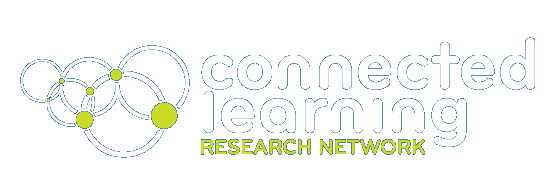Digital media and network technologies are now part of everyday life. The Internet has become the backbone of communication, commerce, and media; the ubiquitous mobile phone connects us with others as it removes us from any stable sense of location. Networked Publics examines the ways that the social and cultural shifts created by these technologies have transformed our relationships to (and definitions of) place, culture, politics, and infrastructure.
Four chapters—each by an interdisciplinary team of scholars using collaborative software—provide a synoptic overview along with illustrative case studies. The chapter on place describes how digital networks enable us to be present in physical and networked places simultaneously (on the phone while on the road; on the Web while at a café)—often at the expense of non-digital commitments. The chapter on culture explores the growth of amateur-produced and -remixed content online and the impact of these practices on the music, anime, advertising, and news industries. The chapter on politics examines the new networked modes of bottom-up political expression and mobilization, and the difficulty in channeling online political discourse into productive political deliberation. And finally, the chapter on infrastructure notes the tension between openness and control in the flow of information, as seen in the current controversy over net neutrality. An introduction by anthropologist Mizuko Ito and a conclusion by architecture theorist Kazys Varnelis frame the chapters, giving overviews of the radical nature of these transformations.
Online content including a research blog and lecture videos may be found at http://www.networkedpublics.org.
Contributors: Walter Baer, François Bar, Anne Friedberg, Shahram Ghandeharizadeh, Mizuko Ito, Mark E. Kann, Merlyna Lim, Fernando Ordonez, Todd Richmond, Adrienne Russell, Marc Tuters, Kazys Varnelis.










